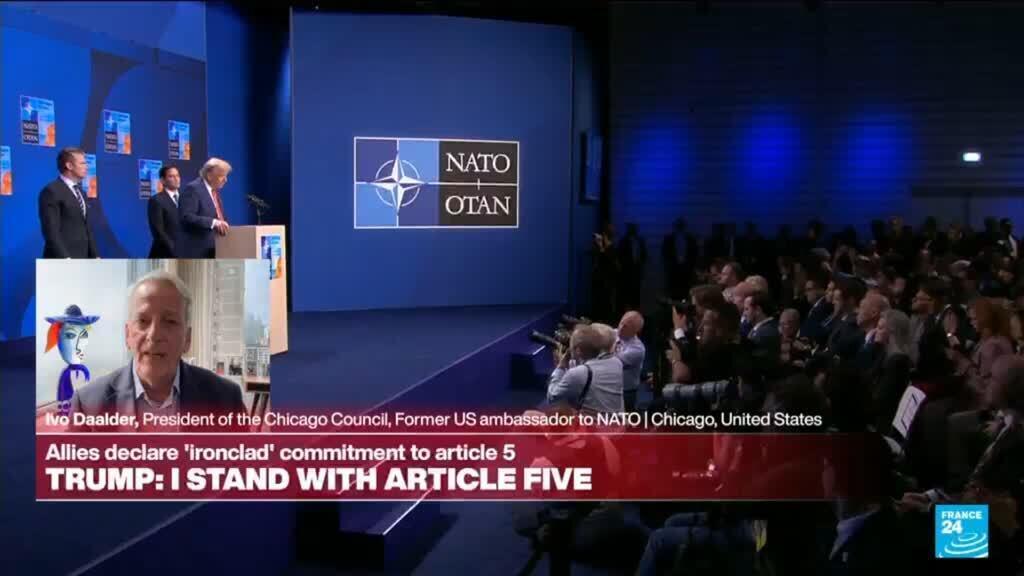On Tuesday, a series of Russian missile strikes targeted the Ukrainian city of Dnipro, resulting in the tragic loss of at least 26 lives. These attacks not only claimed civilian casualties but also inflicted significant damage on vital infrastructure, impacting hospitals, schools, and kindergartens throughout the region. The incident underscores the ongoing peril faced by Ukrainian citizens amidst the continuing conflict.
In a concurrent event, Ukrainian President Volodymyr Zelensky addressed a NATO summit held in the Netherlands. During his speech, he emphasized the missile attacks on Dnipro as indicative of Russian President Vladimir Putin's apparent lack of interest in pursuing a peaceful resolution to the ongoing war. Zelensky's remarks highlight the persistent threat posed by Russian military actions to both the safety of Ukrainian citizens and the stability of the region as a whole.
The assault on Dnipro marks a significant escalation in the conflict, as it not only inflicted immediate human suffering but also targeted essential services and facilities crucial for the community's survival and development. The attacks reflect a broader pattern of aggression by Russian forces, which have demonstrated a willingness to compromise civilian safety in pursuit of military objectives. The targeting of hospitals, schools, and kindergartens raises urgent concerns about the humanitarian impact of the conflict and the international community's responsibility to respond.
President Zelensky's acknowledgment of the attacks during a NATO summit points to Ukraine's ongoing efforts to garner support from allied nations in the face of Russian aggression. His comments serve to rally international attention towards the situation in Ukraine, urging allies to consider the implications of Russian actions not only for Ukraine but for global peace and security. The Ukrainian president's appeal underscores the need for a unified response to the challenges posed by Putin's government.
As the situation in Dnipro and other parts of Ukraine continues to unfold, the international community remains watchful and engaged. The escalation of hostilities raises questions about the future trajectory of the conflict and the potential for renewed diplomatic efforts. However, the repeated violations of civilian safety by Russian forces suggest that achieving lasting peace may require more than mere negotiations, as military aggression continues to destabilize the region.
In conclusion, the missile strikes on Dnipro and President Zelensky's comments at the NATO summit serve as a stark reminder of the ongoing conflict's human toll and the challenge it poses to regional and global stability. As the international community grapples with how to respond, the situation in Ukraine remains a focal point for discussions around security, humanitarian aid, and the pursuit of peace in a fractured world.












